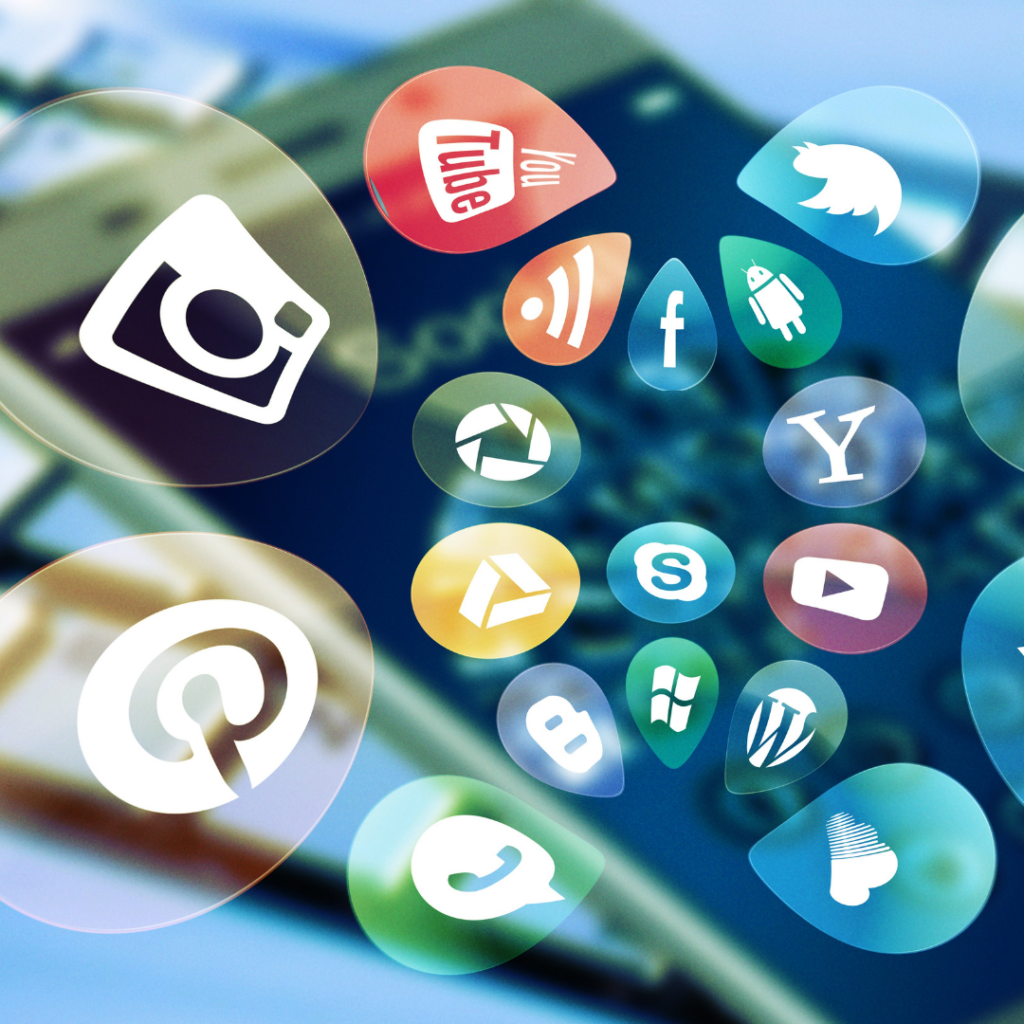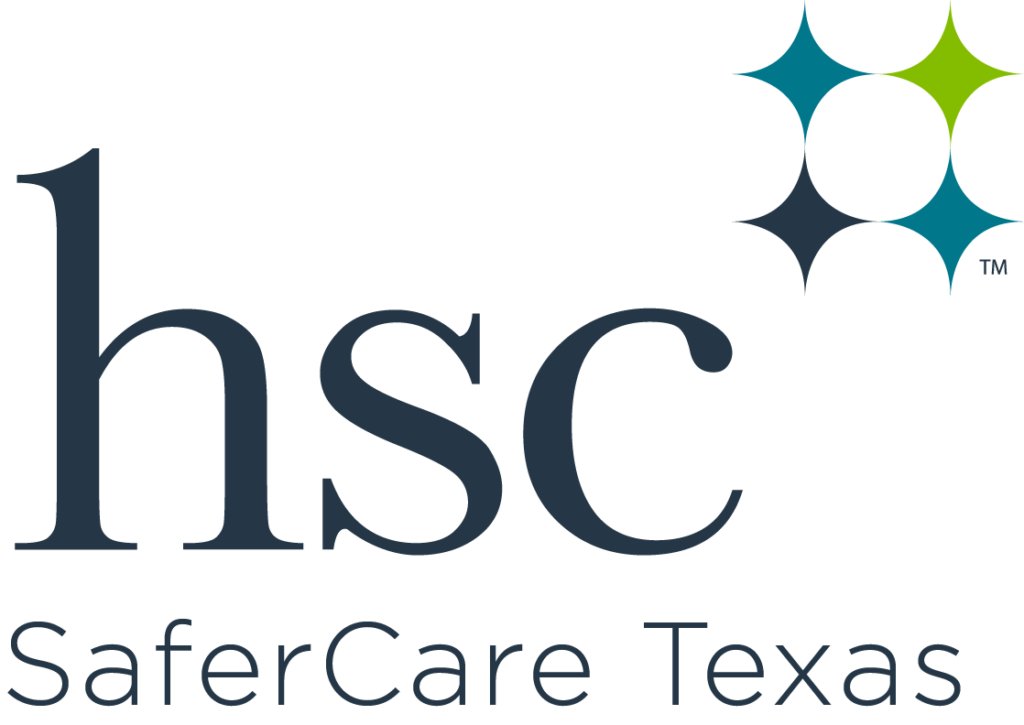Health Literacy & Personal Safety: The Impact of Social Media
By Teresa Wagner
Personal Health Literacy, the ability for individuals to access, understand and use health information, can pose difficulties for even the most educated person. In addition, the Healthy People 20301 definition of Health Literacy includes Organizational Health Literacy recognizing organizations’ responsibility to provide health literate information and services that people can easily understand and use. But what about health information that is publicly shared, especially on social media? How do we know that it’s accurate, understood or safe?
A Featured Article on TechCrunch.com posed the question, “Who Regulates Social Media?” In response, Devin Coldewey (2020) outlines the ways and agencies that could potentially carry out this function2. Coldewey does make clear that social media is not “unregulated” and must follow “generally agreed-upon definitions of fair business practices, truth in advertising2.” However, other industries have additional rules, sometimes entire agencies that govern their practices. Coldewey concludes that the U.S., has four directions for rules or policing although none specific to social media and all have limitations2.
Social media regulations spark the debate about whether they should exist and how strictly they should regulate? People declare First Amendment rights to “Free Speech” when these types of dilemmas arise3. However, there are pros and cons to social media that warrant examination as to whether these communication platforms ethically support the greater good or perpetuate harm. For example, Covid-19 social media served as a source of rapid dissemination to get pertinent information out quickly4.

In contrast, much of the information transmitted was not current, science-based or contained invalid, incorrect, false or details not applicable to a given environment. Another problem posed by social media is the “bubble filters” or “personalized ecosystems” towards the user. These algorithms formed through the data collected from each user, predict user preferences and produce a loop of similar content that prevents the user from seeing differing or contrasting information and opinions thus, making fully informed decisions, a key component of health literacy5.
Not just in Covid-19 but in general, social media has been shown to impact mental health. Reported harm occurs from cyberbullying, as well as self-isolation, depression, jealousy and delusional thinking in response to isolating ecosystems and misinformation created by social media and a lack of real-world interaction6. Covid-19 shutdowns may have exacerbated this self-isolating ecosystem. Overall, social media has advantages and disadvantages. Responsible use of these platforms can help quickly spread new important information, sharing and comparing different thoughts and experiences. However, the downside of possible dissemination of fake data, myths, and pessimist or “filtered” information may lead to anxiety, depression and in some extreme cases, suicide6.
As example for reform, the Society of Professional Journalism formed in response to “Yellow Journalism” or intentional sensationalism being blamed partly for the start of the Spanish-American War. The Society sought to improve and protect journalism making journalists responsible for accurate and fair, ethical journalism and accountable to standards demanding they gather, interpret and report information honestly and courageously7. The standards also tasked journalists to provide context with care taken to avoid misrepresentation or oversimplification in promoting, previewing or summarizing a story.
It’s hard to know who to trust while the public grows more skeptical every day of all sources of information6 especially with the term, “fake news” emerging. This mistrust also perpetuates potential information isolation. Social media platforms should consider the journalism guidelines combined with alternatives set forth by Coldewey (2020) to develop regulations on social media content to not only inform but, protect the public’s health. Despite the challenges posed for the 90% of the population8 lacking the knowledge and skills to use health information, the public should police their own news consumption no matter the source. Toolkits9 exist that provide simple steps for consumers of health information to help inform their health-related decisions.
References
1Office of Disease Prevention and Health Promotion. (n.d.). Health literacy. Healthy People 2030. U.S. Department of Health and Human Services. https://health.gov/our-work/national-health-initiatives/healthy-people/healthy-people-2030/health-literacy-healthy-people-2030
2Coldewey, D. (2020). Who Regulates Social Media? TechCrunch.com https://techcrunch.com/2020/10/19/who-regulates-social-media/
3First Amendment. (n.d.). Constitution of the United States. Congress.gov https://constitution.congress.gov/constitution/amendment-1/
4Basch, C.H., Hillyer, G.C., Meleo-Erwin, Z.C., Jaime, C., Mohlman, J., & Basch, C.E. (2020). Preventive Behaviors Conveyed on YouTube to Mitigate Transmission of COVID-19: Cross-Sectional Study. JMIR Public Health Surveillance, 6(2), e19601. doi: 10.2196/19601
5González-Padilla, Daniel A., & Tortolero-Blanco, Leonardo. (2020). Social media influence in the COVID-19 Pandemic. International braz j urol, 46(Suppl. 1), 120-124. Epub July 27, 2020. https://doi.org/10.1590/s1677-5538.ibju.2020.s121
6Walton, A. (2017). 6 Ways Social Media Affects Our Mental Health. Forbes.com https://www.forbes.com/sites/alicegwalton/2017/06/30/a-run-down-of-social-medias-effects-on-our-mental-health/?sh=1d8bcbd12e5a
7“Code of Ethics.” Society of Professional Journalist (SPJ). spj.org, 2014, https://www.spj.org/ethicscode.asp
8Agency for Healthcare Research & Quality (AHRQ). (2011). Health literacy interventions and outcomes: an updated systematic review. Evidence Report 199. https://www.ahrq.gov/downloads/pub/evidence/pdf/literacy/literacyup.pdf
9SaferCare Texas. (2022). WebLitLegit. https://www.safercaretexas.org/weblitlegit/

